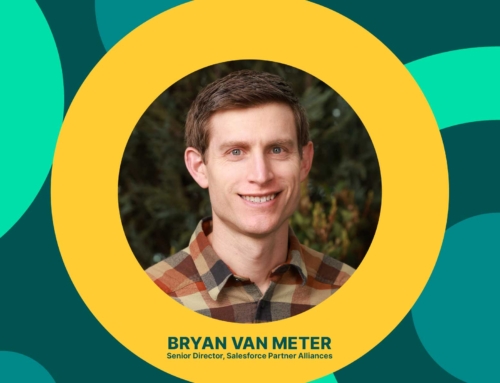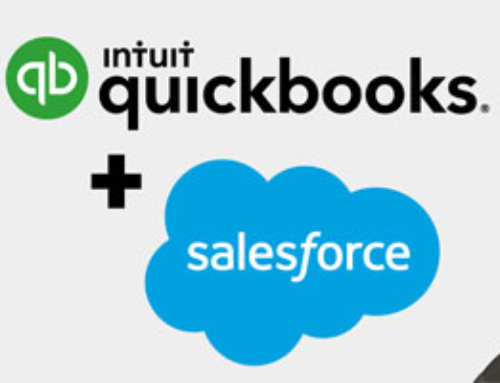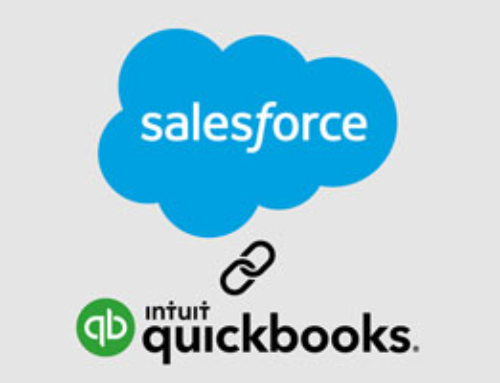A Salesforce implementation is a major initiative – and a significant investment.
If you’re reading this, you’ve likely already asked and answered the common question: “can we take this on ourselves?” and decided to bring in a Salesforce-credentialed partner to help you scope, design, and implement your Salesforce project.
Finding the right Salesforce partner
You’re not alone. Over 70% of Salesforce projects are led by consultants. The right partner can help you tap into the true power of Salesforce, delivering faster ROI while steering you towards best practices, and away from common pitfalls.
On the other hand, a disconnect between you and your chosen partner can cause expensive missteps, and extend your project timeline unnecessarily.
With an expansive ecosystem of thousands of experts to choose from, there is no one best Salesforce System Integrator (SI) – but there are definitely at least one or two that are the right fit for your organization and project. So how do you get started in identifying them?
Here, we break down the ten questions you should ask before choosing a Salesforce consulting partner. Watch the video below for a quick overview, or keep reading for a deeper dive into the world of Salesforce partners and how to identify the right match for your project.
What is their industry experience?
You need a partner with deep expertise on Salesforce platforms, and expansive industry knowledge – especially if you work in a specialized or highly regulated industry.
A SaaS business will have dramatically different requirements than a global nonprofit. Narrowing your search early on to a few partners who speak your language, so to speak, will help ensure alignment down the road.
Can Salesforce give me any guidance?
Salesforce has a strong framework in place to help you in identifying potential implementation partners. On the AppExchange, you can filter by Salesforce cloud, industry expertise, certifications, customer reviews, and other criteria that matter to your business.
If you are working with a Salesforce Account Executive, they can often provide a shortlist of recommended partners. They understand your use case and want to maximize the success of your Salesforce investment, so don’t hesitate to leverage them as a resource.
What do customers have to say?
Reading reviews on the AppExchange is a great way to hear from past customers in their own words.
Additionally, you can ask prospective partners to share case studies and other customer success stories. You’ll get a better idea of what they have been able to achieve for organizations with meaningful similarities to yours.
Do you want a pilot, co-pilot, or navigator?
As you start to engage with implementation partners, think about how hands-on you’d like them to be.
Do you want them to lead your project, or just provide expert guidance? One approach is not necessarily better, as long as all parties are on board, and you scope the project accordingly.
What is your budget?
Simply put, the cost of engaging a Salesforce partner can vary widely.
As you’re initiating your RFP process, provide as many details as possible so that you’re not surprised by additional costs or fees down the road. The more the consultant knows about what you are looking to accomplish, the more accurate their bid will be.
Does geography matter?
Great work can get done anywhere, but you know the culture of your organization best.
If meeting in person is important to you or your stakeholders, consider those logistics when selecting a consulting partner. You might discover that a perfect-on-paper SI is not actually the perfect fit when travel costs put them out of reach for your budget.
What is their implementation approach?
Once you’ve narrowed your list of potential partners down to a few top contenders, It’s time to talk process.
- What is their implementation methodology?
- What tools do they use?
- What is their approach to project management?
You may be focused primarily on the end result rather than the journey, or you may have a strong point of view on how to approach the project. Either way, make sure that their answers are compatible with your vision.
Who are their partners?
When you engage a consultant, you need to be able to trust their advice when making technology buying decisions.
They should have deep knowledge of best-in-class solutions from the Salesforce Partner ecosystem – like Chargent – and strong relationships with key partners.
91% of all Salesforce customers leverage partner apps and experts, so go in with the expectation that you will need additional resources to tailor your Salesforce processes to fit your business needs.
What happens after implementation?
Thinking about the conclusion of your project from the very beginning helps to ensure long-term success. Will you require further training, continuing support, or a strong account management relationship as you move forward with future phases of your Salesforce initiatives? Make sure that both parties are in agreement on what your ongoing relationship will look like.
91% of all Salesforce customers leverage partner apps and experts, so go in with the expectation that you will need additional resources to tailor your Salesforce processes to fit your business needs.
Do they understand your mission, vision, and values?
Identifying the right partner is not only about technology and budgets – sometimes the x-factor in knocking a project out of the park is a great cultural fit.
Building a relationship with a trusted, certified Salesforce partner is no small investment – of time or resources – but it’s a critical step in achieving your goals with Salesforce. And it starts with asking the right questions.
Chargent relies on a network of trusted partners for implementations and professional services, and we’re happy to provide recommendations to current and future customers. Learn more about our partners, or contact us today with questions.








